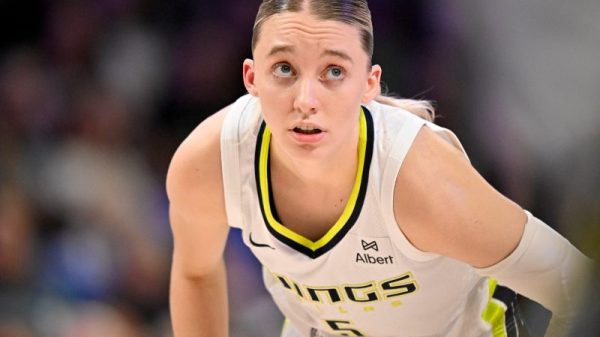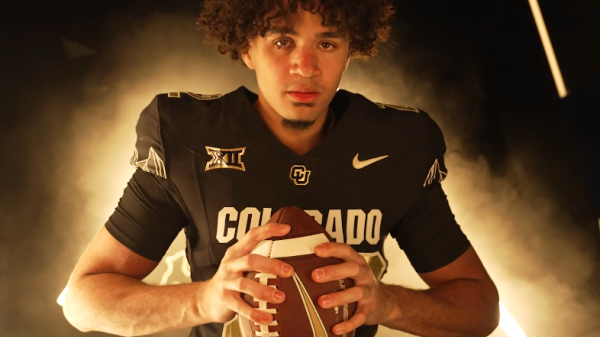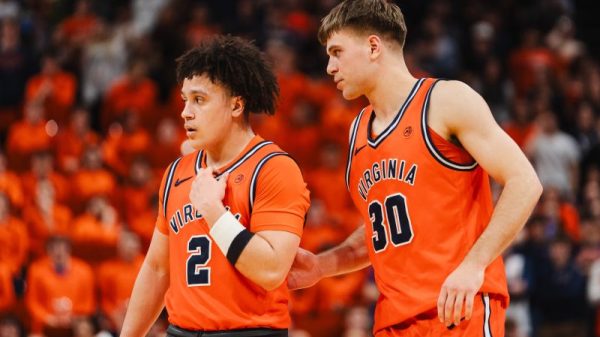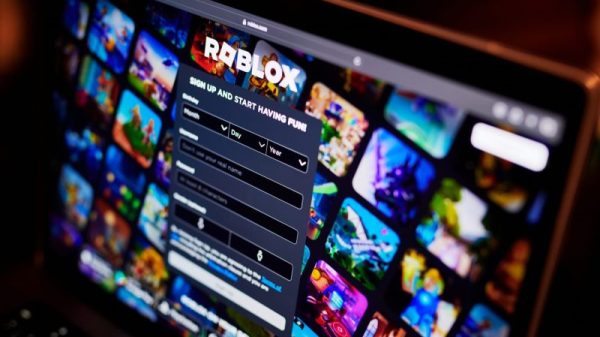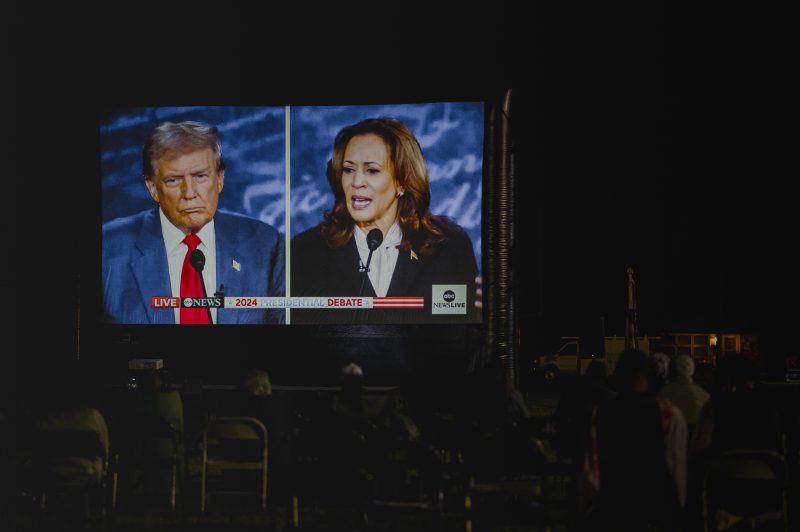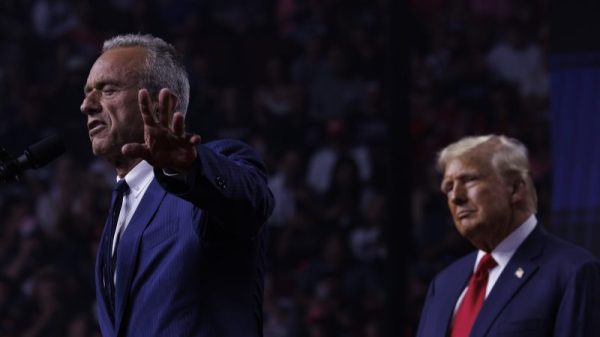With fewer than six weeks left until Election Day, Vice President Kamala Harris’s campaign is significantly outspending Donald Trump’s on television and digital advertising, according to a new report from the Wesleyan Media Project released this week.
Over the past two weeks, Harris’s campaign and supporting groups spent nearly $73 million on almost 73,000 broadcast television ads promoting her White House bid, compared with nearly $45 million on more than 52,000 television ad airings for Trump by his campaign and supporting groups.
The spending gap was even larger for digital ads: Over the same two-week period, pro-Harris groups have spent $40.1 million on Meta and Google platforms, compared with $7.9 million by pro-Trump groups, the report found. Meta is the parent company for Facebook and Instagram, among other platforms.
“Although Harris is sweeping the board in terms of advertising everywhere, her advantage online over the past two weeks is truly stunning,” Erika Franklin Fowler, co-director of the Wesleyan Media Project and a government professor at Wesleyan University, said in a statement.
“[Harris] has more than doubled her spending on Meta and Google properties from $18.7 million in our last analysis to $40.1 million, and is crushing Trump — the candidate who devoted half of his advertising budget in the 2016 race to digital — in spending overall, with enormous margins on Facebook and Instagram in particular,” Fowler added.
Most of the spending, however, has been on local broadcast stations, with ads that are focused on the economy, inflation and taxes, the report found.
As a result of the spending disparity, the report found that broadcast television viewers were more likely to see pro-Harris advertising in almost all media markets across the country, except for in a handful of areas in Pennsylvania (Erie), Michigan (Lansing, Marquette and Traverse City), North Carolina (Greensboro, Greenville and Wilmington), South Carolina (Greenville), Georgia (Augusta) and Florida (Tallahassee).
Pro-Harris ads have also been running over the past two weeks in several markets where there was no pro-Trump advertising at all, including in Indiana (South Bend), Ohio (Youngstown and Toledo), South Carolina (Myrtle Beach), Minnesota (Duluth and Minneapolis) and Arizona (Yuma).
In response to the report, Trump campaign spokeswoman Karoline Leavitt said the Harris campaign was outspending theirs by such margins because the vice president “isn’t capable of generating organic support.”
“The Harris campaign must spend an enormous amount on digital advertising and we don’t because our campaign’s greatest asset is President Donald J. Trump,” Leavitt said in an email. “Millions of people want to organically watch and engage with President Trump — you can’t put a dollar value on that.”
Representatives for the Harris campaign did not immediately respond to requests for comment Friday.
On radio ads in particular, Harris has spent more than $4 million in the past two weeks, while Trump has spent nothing, according to the report. Meanwhile, Trump spent almost $2 million for satellite television ads, while Harris did not spend anything on those platforms in the same period.
“Political advertising seldom makes a huge difference in a presidential race, but the potential for advertising to persuade increases when one side is on the air and the other is not,” Travis Ridout, co-director of the Wesleyan Media Project, said in the report.
The spending difference also corresponds to the stark contrast in how much both campaigns have reportedly raised since President Joe Biden announced in late July that he was stepping aside and Harris jumped into the race.
Harris’s campaign raised $190 million in August, according to reports filed with the Federal Election Commission, and she spent almost $174 million in August — ending her first full month as a presidential candidate with $235 million in cash on hand. Her campaign spent more than $135 million on media buys and ad production; more than $6 million on air travel; about $4.9 million on payroll and related taxes; and $4.5 million on text messaging.
The Trump campaign’s report showed that he raised $43 million in August and spent $61 million, with $135 million in cash to spend at the beginning of September. His campaign spent more than $47 million on advertisements, alongside $10.2 million on direct mail to potential voters and around $670,000 on air travel.
Maeve Reston and Clara Ence Morse contributed to this report.







